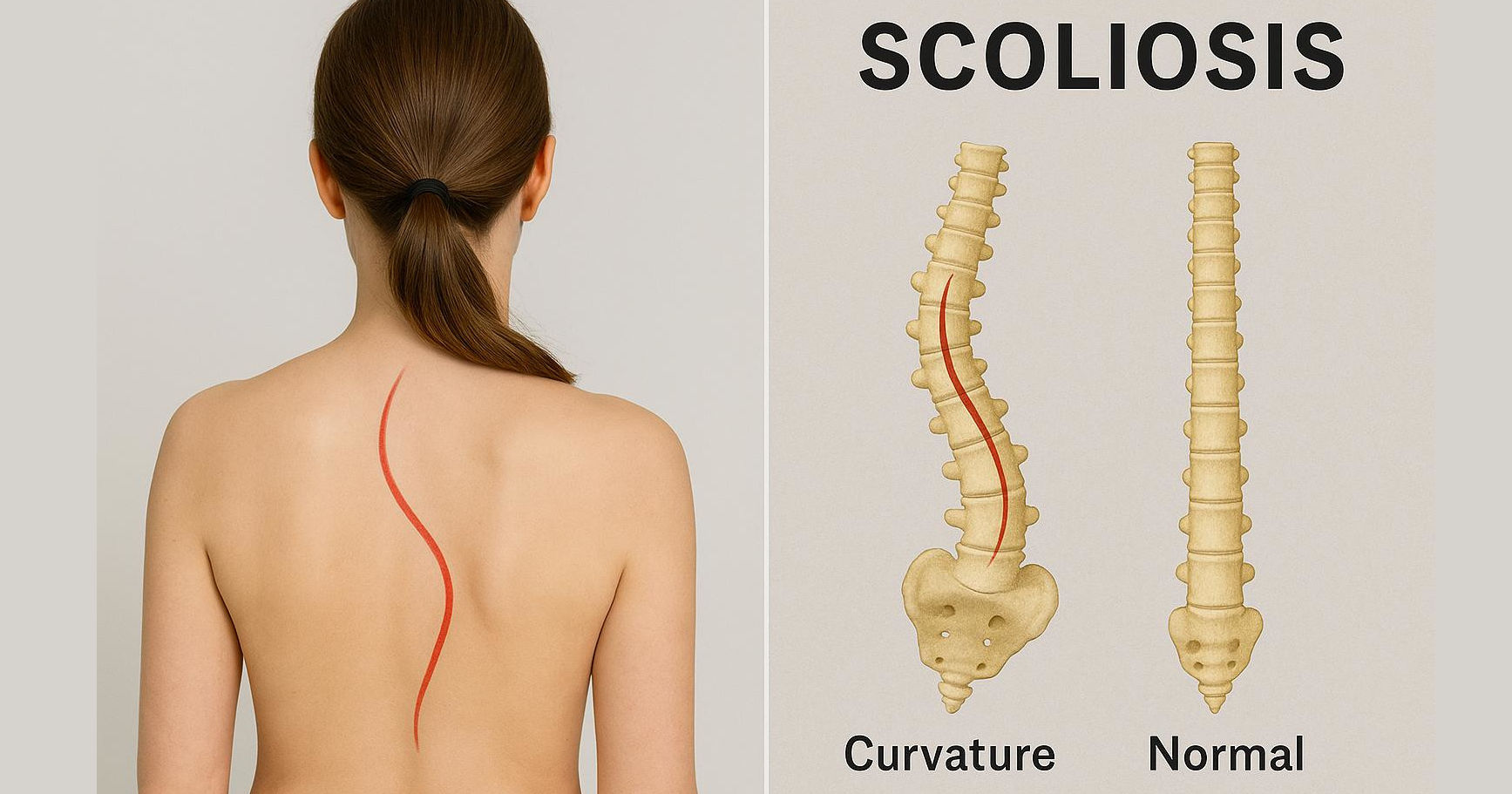
Living with neuropathy can be a challenging journey, often filled with discomfort and uncertainty. The tingling sensations, pain, and numbness can disrupt daily life, making even simple tasks feel daunting. However, it’s important to remember that you are not alone in this struggle. Many people share similar experiences and are finding ways to manage their symptoms effectively.
In this blog, we will explore practical tips to help you cope with neuropathy. From lifestyle adjustments to self-care techniques, these strategies aim to empower you in your daily routine while fostering a sense of control over your condition.
Top Lifestyle Changes to Help Manage Neuropathy Symptoms
Managing neuropathy symptoms can be challenging, but making some thoughtful lifestyle changes can significantly improve your quality of life. Here’s a list of top lifestyle changes that may help you cope better with neuropathy:
- Incorporate more fruits, vegetables, whole grains, and lean proteins into your meals. A balanced diet rich in vitamins B and E can support nerve health.
- Engage in low-impact activities like walking, swimming, or yoga. Regular movement helps improve circulation and reduce pain.
- Drinking plenty of water throughout the day can help maintain optimal nerve function and alleviate symptoms.
- Practice relaxation techniques such as meditation or deep breathing exercises to help manage stress levels that may exacerbate symptoms.
- Reducing alcohol intake can prevent further nerve damage and improve overall health.
- If you smoke, consider quitting; smoking can worsen circulation issues related to neuropathy.
- Pay special attention to foot hygiene and wear comfortable footwear to prevent injuries that might go unnoticed due to reduced sensation.
- Prioritize good sleep practices by establishing a regular sleep schedule and creating a restful environment to promote restorative sleep.
- Stay connected with your healthcare provider for regular assessments and adjustments in your treatment plan as needed.
By incorporating these lifestyle changes into your daily routine, you may find relief from neuropathy symptoms while enhancing your overall well-being.
Nutritional Supplements and Diet Choices That Can Support Nerve Health
Nerve health is crucial for overall well-being, and certain nutritional supplements and dietary choices can significantly support this aspect of health. Vitamins play a vital role in managing neuropathy, with specific B vitamins—such as B1 (thiamine), B6, and B12—being particularly beneficial. These vitamins help maintain nerve function and may alleviate symptoms associated with nerve damage.
Omega-3 fatty acids are another powerful ally in promoting nerve health. Found in fatty fish like salmon, walnuts, and flaxseeds, these healthy fats have anti-inflammatory properties that can reduce nerve inflammation and promote better communication between nerves.
Antioxidants also play a critical role in supporting nerve health by combating oxidative stress that can damage nerves. Foods rich in antioxidants include berries, dark chocolate, spinach, and artichokes. Incorporating these foods into your diet can help protect your nervous system. Additionally, anti-inflammatory foods such as turmeric, ginger, leafy greens, nuts, and olive oil should be considered essential components of a diet aimed at improving nerve function.
When to Seek Professional Help
Recognizing when to seek professional help for neuropathy is crucial for effective management of the condition. If you experience persistent numbness, tingling, or pain in your extremities, it's essential to consult a healthcare provider. Additionally, if your symptoms worsen or interfere with daily activities, don't hesitate to reach out for professional guidance. Early intervention can lead to better outcomes and improved quality of life. Remember that while self-care measures can be beneficial, professional evaluation and treatment are key in addressing underlying causes and developing a comprehensive management plan.



Dr. Scoppa
Dr. David Scoppa holds a bachelor of science degree in the biological sciences from Susquehanna University in Selinsgrove, PA where he published his first journal article in 1996. He worked as an associate scientist in pharmacokinetics for both Dupont Pharmaceuticals and Bristol-Myers Squibb. In 2006, he earned a Doctorate of Chiropractic Medicine from Palmer Chiropractic College Florida.